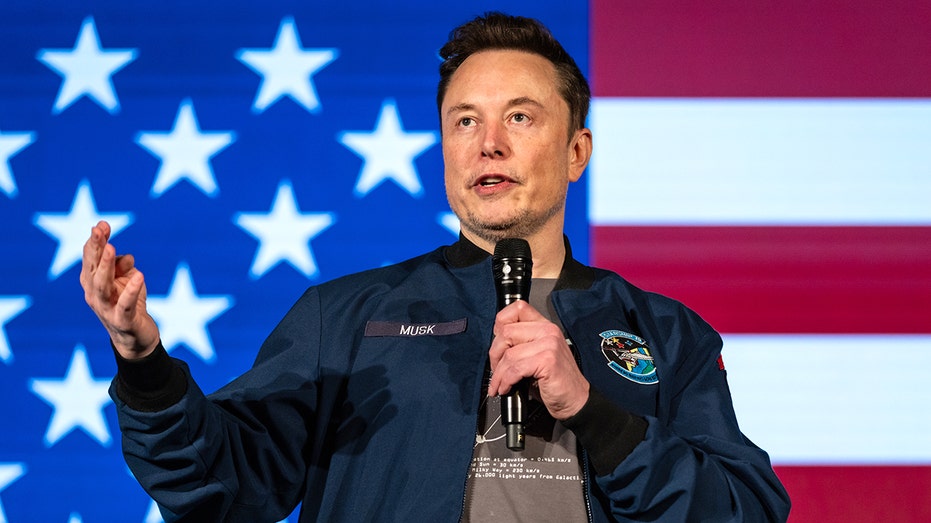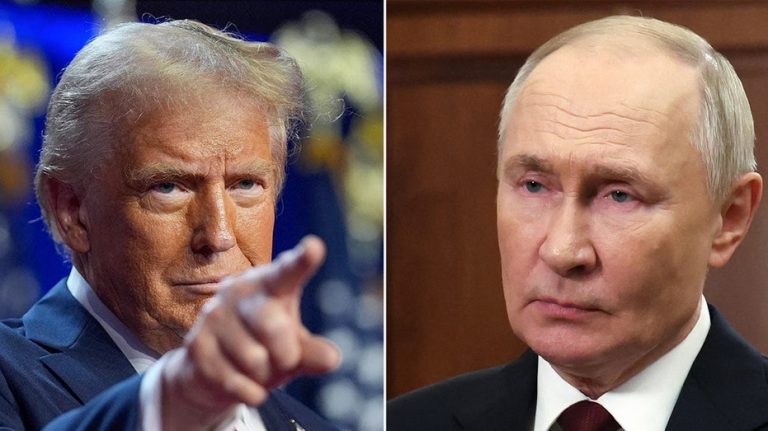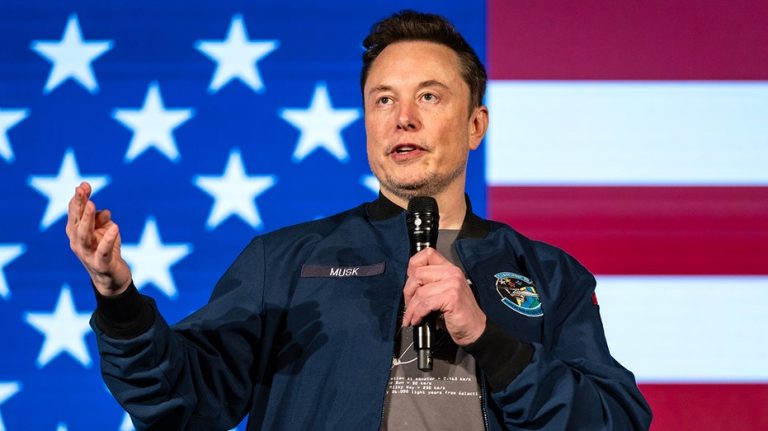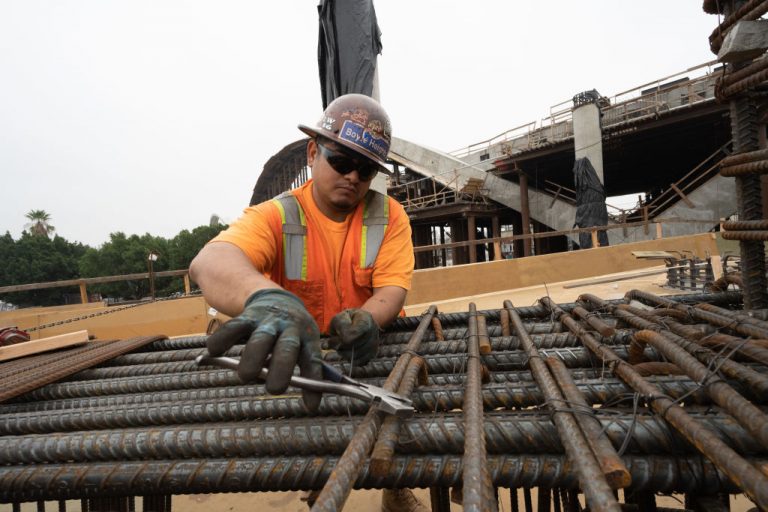
The bureaucrats who run government agencies – especially those in charge of tech infrastructure – are up in arms over Elon Musk and his Department of Government Efficiency (“DOGE”) colleagues barging in and making sweeping changes. And I couldn’t be happier to see it.
My experiences as White House chief information officer and working with government as a cybersecurity consultant in the private sector taught me two things: the U.S. government has some of the most talented technologists and cyber warriors on the planet; but even the best operatives are hamstrung by bureaucratic bungling, infighting, waste, outdated infrastructure and other unnecessary complications.
Musk and DOGE offer the best chance in a generation to untangle the mass of complex cables that are supposed to keep our government, our economy and our people safe.
I and every other federal department and agency CIO had to fight the same battles against the entrenched bureaucracy that Musk is fighting now. Much has been made, too, of the cadre of young “tech bros” working at DOGE – the U.K.’s Daily Telegraph called them “college-aged, fresh-faced Muskovites.” But make no mistake: they would not have gotten within Musk’s orbit were it not for preternatural talent that had also been recognized elsewhere.
THE REAL REASON BIG TECH IS COZYING UP TO TRUMP 2.0
One of these whiz kids won a $250,000 prize for using AI to reveal hidden contents of ancient Roman papyrus. Another was given $100,000 in seed money by OpenAI to found his own startup. It may be that these fresh minds are just what we need to rebuild our woefully outdated systems.
You don’t need to be a technology or cybersecurity expert to understand that the status quo is inefficient at best and dangerous at worst. Last December, the U.S. was hit with two of the worst cyberattacks in our history, courtesy of the Chinese government’s elite corps of hackers.
In one assault, they breached multiple U.S. telecom companies, and even gained access to networks used for vital law enforcement and intelligence gathering. In the aftermath, there was confusion as to whose job it was to secure the important telecom networks: a government agency like the Cybersecurity and Infrastructure Security Agency (CISA) or the telecom companies themselves? What about data collected by law enforcement agencies but stored in the private companies’ systems?
TRUMP DERANGEMENT SYNDROME WAS REAL. SO IS ‘LONG TDS’
Another Chinese attack targeted the Treasury Department, where hackers accessed documents and workstations by compromising a third-party vendor’s security key. Once again, sorting out the responsibility for security between Treasury, Homeland Security and the White House became overly complicated, not to mention the obvious failure to properly vet the third-party vendor’s security protocols.
A few years ago, a major ransomware attack shut down a national fuel pipeline, leading to shortages and exposing serious security flaws in our critical infrastructure.
In all of these cases, confusing, fragmented oversight made recovery (and the process of learning lessons) slow and inefficient. They showed that these inefficiencies, plus outdated security models and unclear paths of oversight, threatened our national security, economic stability and public safety.
PRESIDENT TRUMP HAS MADE AN APPOINTMENT THAT HAS BIG TECH PANICKED
All of this remains true today. Our government’s inefficiencies have led to complexity – in systems, processes and oversight – creating blind spots that leave us vulnerable to cyber incidents.
DOGE has the chance to cut through the complexity, drive accountability and ensure cybersecurity measures actually work – before the next major breach. The government technology apparatus should welcome their fine-toothed forensic review (and probably would, if the territorial mindset wasn’t so fully ingrained).
By identifying inefficiencies in operational procedures, Musk and his team can find ways to streamline government functions, reduce waste and improve services.
LOOK TO OUTER SPACE FOR TRUMP’S GREENLAND PLAYBOOK AMBITIONS AMID RUSSIA, CHINA ARCTIC ADVANCES
They can save taxpayer money by, for instance, implementing zero-based budgeting, where every dollar spent must constantly justify its existence. That would force agencies to rethink spending, ensuring resources fuel efficiency, not bureaucracy.
They would also have to prioritize the most worthy investments, such as upgrading outdated systems to generate better service for citizens, faster processing times and more robust data management. Encouraging the adoption of new technologies and methodologies could set a precedent for more agile and responsive government operations.
CLICK HERE FOR MORE FOX NEWS OPINION
I know this reorganization is creating a lot of uncertainty for our nation’s hardworking technology teams, and that’s incredibly tough. My thoughts and prayers are with you. Our technology is broken; as painful as this is, it must be done. Trust that your talent, resilience and work ethic will open doors.
DOGE’s deep dive into people, processes and technology can reduce complexity, increase transparency and shrink our attack surface, making catastrophic cyber incidents far less likely.




